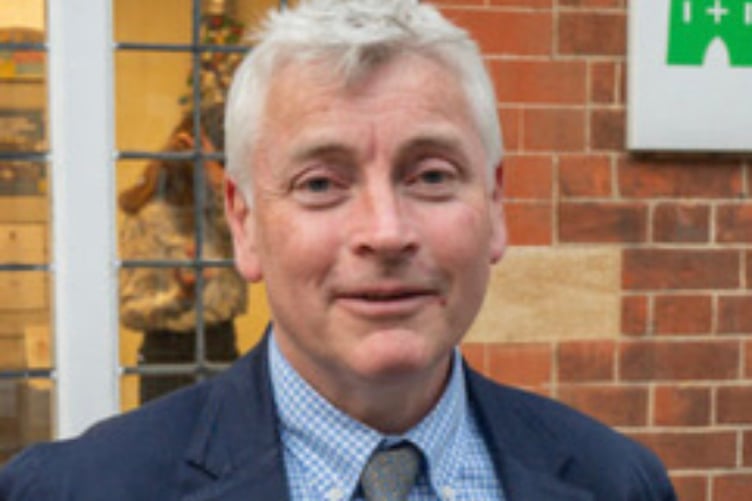We are told that Britain “can’t talk about immigration.” That critics are shouted down as “racist,” that politicians are too frightened to touch the issue, that the debate is somehow off-limits.
It’s a compelling story — but it’s a fantasy. Immigration has been at the heart of British politics for decades.
Brexit was won on the promise of “taking back control” of our borders. Theresa May built her brand on the “hostile environment.” Boris Johnson’s government floated a Rwanda deportation scheme.
Far from being taboo, immigration dominates headlines, legislation, and election campaigns. If this is what being “silenced” looks like, then our politics must be deafening.
The real silence lies elsewhere: in the unwillingness to admit just how much Britain needs immigration.
We treat migration as a burden when, in truth, it sustains the very services and industries we increasingly rely on every day.
The facts are simple. The NHS would collapse without foreign staff. Last year alone, more than 50,000 healthcare visas were issued to fill shortages in hospitals and care homes.
Our farms rely on seasonal pickers, many of whom vanished after Brexit ended free movement. Universities bring in £42 billion annually from international students. Without these contributions, both our economy and our public services would falter.
Brexit didn’t end immigration; it reshaped it. Where once we relied on Polish builders and Romanian fruit pickers, we now recruit nurses from Nigeria, doctors from India, and carers from the Philippines.
Migrants still come because Britain still needs them — but shortages remain, from unpicked crops to care homes struggling to staff shifts.
And yet, instead of facing these realities, too many commentators spin a story of censorship. They claim that critics of immigration are being silenced. But being challenged on racist rhetoric is not the same as being censored.
Free speech cuts both ways: people are free to oppose immigration, and others are free to oppose scapegoating.
The real question is not whether migrants come — they always have, and always will. It is how we design a system that is fair, humane, and works for everyone. That means acknowledging the economic need for workers in health care, agriculture, and education.
It means designing routes that prevent exploitation while giving migrants dignity and security. It means recognising that Britain’s global connections — from its Commonwealth legacy to its universities — make migration inevitable, not optional.
If we truly want a “sensible debate” on immigration, we must stop pretending the debate has been shut down. It hasn’t. It’s everywhere. What’s missing is honesty. Britain depends on immigration far more than politicians dare to admit.
Cllr Mark Merryweather, Liberal Democrat member of Farnham Town and Waverley Borough Councils




Comments
This article has no comments yet. Be the first to leave a comment.